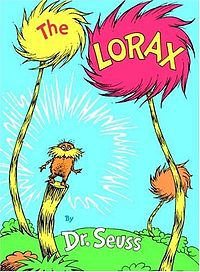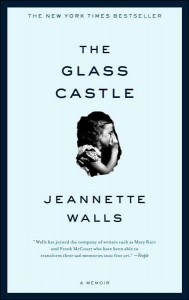 I am not taking a political point of view here, just asking the question of just how and when books written by the likes of Dr. Seuss become political footballs for individuals to kick around, trying to make some kind of cultural point? I don’t remember in my childhood any group of people asserting that Dick and Jane represented a right wing notion of conformity, or Mary Poppins is anti banks. Of course many books were written in an attempt to give children life lessons and points of morality, but to classify any one of them as subversive to one group or people or another, wasn’t dreamed of. Lately we’ve seen a lot of children’s entertainment come under fire by various groups and individuals. One of the Telly Tubbies was said to represent a gay individual, Sesame Street has come under attack for stuff groups disapprove of–The Cookie Monster–promotes bad eating habits. Bert and Ernie–two male bachelors share an apartment and that can only mean one thing, right? The entire show is blamed for ADD. Looking more closely at the issue, I suppose some people will have difficulties with any work of literature–Alice in Wonderland has been banned in China for various strange reasons, and of course Twain’s Huckleberry Finn is pulled from classrooms for its language. It’s unacceptable today, even thought it was written over 100 years ago.
I am not taking a political point of view here, just asking the question of just how and when books written by the likes of Dr. Seuss become political footballs for individuals to kick around, trying to make some kind of cultural point? I don’t remember in my childhood any group of people asserting that Dick and Jane represented a right wing notion of conformity, or Mary Poppins is anti banks. Of course many books were written in an attempt to give children life lessons and points of morality, but to classify any one of them as subversive to one group or people or another, wasn’t dreamed of. Lately we’ve seen a lot of children’s entertainment come under fire by various groups and individuals. One of the Telly Tubbies was said to represent a gay individual, Sesame Street has come under attack for stuff groups disapprove of–The Cookie Monster–promotes bad eating habits. Bert and Ernie–two male bachelors share an apartment and that can only mean one thing, right? The entire show is blamed for ADD. Looking more closely at the issue, I suppose some people will have difficulties with any work of literature–Alice in Wonderland has been banned in China for various strange reasons, and of course Twain’s Huckleberry Finn is pulled from classrooms for its language. It’s unacceptable today, even thought it was written over 100 years ago.
A Real Kurt Vonnegut
I am a teeny bit embarrassed to admit, I’ve not read Vonnegut. Although certainly aware of his work. I’ve never had the inclination to pick his titles. Perhaps until now. On the Banned Books Week’s site, they linked to a letter Vonnegut wrote in 1973 to the head of a school board who had burned … Read more

